|
This documentary explores the U.S. - Canada horse meat pipeline. Canada provides a controversial market for American ranchers who want to offload old, injured and unwanted horses. Because the U.S. shut down horse slaughter in 2007, without first banning the live export of meat horses, additional U.S. horses now endure greater stress than they did when some were once slaughtered in America. Long international transport hauls are now a requirement for processing all American horses for meat. And according to previously released access-to-information documents, horses sometimes enter Canada dead on arrival. It is important to tell this story now because Chris Heyde, a horse advocate, is working to pass a new bill called the SAFE Act. It would prevent the exports of live American horses to Canada and Mexico for meat purposes. 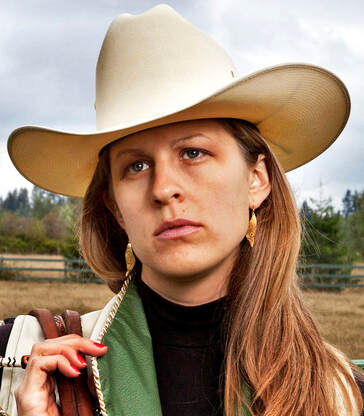 Director Jen Osborne Director Jen Osborne Jen Osborne (1984) is a Canadian photographer and videographer who has published and exhibited photographs internationally. Her career started in 2007 with a yearlong work contract at Fabrica’s COLORS Magazine. Her work has graced the pages of Stern, The Sunday Times, GQ, Mother Jones, Vice, Esquire, Vanity Fair Italy, The Globe and Mail, The New York Times, Maclean's and IoDonna. She has also shown at venues including Athens Photo Festival 2020, Visa pour l’Image 2016, Aperture Gallery, Perpignan, The Museum de l’Elysée, the Denver Biennial, and Arles 2010. Director StatementI'm an equestrian. As a teenager, I competed in the American Quarter Horse show circuit with my gelding, Ozzie, in the late 90’s. But I only discovered the realities of Canada's horse slaughter industry three years ago. The horse meat trade came as a genuine shock after I moved back to Vancouver Island from Germany in 2018. Around that time, my mother's horse Benny was diagnosed with navicular disease. He’s now unrideable and I suggested we donate him to a therapy farm. But she said Benny could end up as meat if we let him out of our watch. After conducting some basic research, I realized she was correct. Up until then, I had no idea North Americans were selling horses for slaughter. Canadians can send their own horses to slaughter in Alberta and Quebec, where federally regulated equine processing plants operate. These abattoirs also became a dumping ground for unwanted American horses starting in 2007 after the U.S. defunded horse slaughter. Because Americans didn’t restrict the live transport of horses for slaughter abroad, Canada, along with Mexico, now provides a controversial market for American ranchers looking to unload injured, old, and unwanted horses. As a result, anywhere between 10,000-56,000 American horses are imported annually by Canadian meat processors since 2007. American horses make up anywhere between 43 to 73 per cent of the total horses slaughtered per year in Canada. Long international transports are now involved in processing all American horses for meat. Chris Heyde from Blue Marble Strategy, a U.S.-based animal advocacy group, is currently trying to pass a law restricting the transport of American horses for slaughter to Canada and Mexico. But this comes more than 20 years after the U.S. defunded horse slaughter. And there's no clear answer as to whether or not the law will pass. A young couple with a strained relationship falls headlong into a new obsession with birds. Petty squabbles turn into squawks. So do attempts at seduction. Their house becomes a nest as they prepare to adopt their first child—sorry, Bird. Benjamin Swift is a recent graduate in sociology from Colorado College. Through his time there, he has produced a seasonal podcast, volunteered at a local County Jail, and explored his love for ice cream. Bergen Hoff is a hopeless romantic from Northfield, Minnesota who studied creative writing at Colorado College. He wants to make moving, beautiful, and sincere films in LA as a director or DP one day. He wanted to include, in case any employers are reading this, that his greatest weakness is memory, but his greatest strength is, um… Director Statement
We made this film after our friend asked, “what if someone became obsessed with a nature documentary to the point that they wanted to become a bird?” ORNITHOLOGY (AND OTHER HOBBIES YOU CAN TAKE TOO FAR) examines the way we humans seek out our identities, and often find them in the form of passing trends. It looks at the roles that our relationships play in our identities, and asks what happens when two people become one in their quest to become someone—or something—else entirely. It reckons with the cycle of emotions we all experience as we transition, with as much grace as possible, from one stage of our life to the next. You’ll find it hard to decide which is more absurd: the question or the film. Deep in the Heart is a visually stunning celebration of what makes Texas unique its diverse landscapes and remarkable wildlife behavior that cannot be found anywhere else in the world. Told through the eyes of wildlife species ranging from the mysterious blind catfish to the elusive mountain lion, the story follows our ever-changing relationship with the natural world and showcases our ability to destroy, conserve, and recover wildlife and the habitat we mutually depend on. Narrated by Matthew McConaughey and featuring state-of-the-art cinematography, this family-friendly film journeys from the highest peaks in West Texas, through our aquifers, rivers, and bays, and deep into the Gulf of Mexico. Deep in the Heart aims to conserve our remaining wild places, to show the connectivity of water and wildlife, and to recognize Texas’ conservation importance on a continental scale. 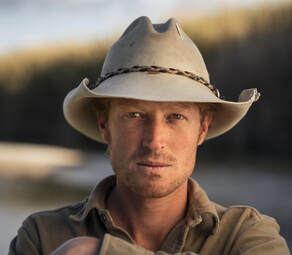 Director Ben Masters Director Ben Masters Ben Masters is a filmmaker and writer specializing in wildlife and adventure stories. He is most known for directing the feature length documentary The River and The Wall (SXSW 2019 Award Winner) and for producing Unbranded (Mountainfilm 2015 Audience Award Winner). Masters studied wildlife biology at Texas A&M University and founded Fin and Fur Films, a production company specializing in short films featuring wildlife research, conservation, and activism. He is the author of two books published by Texas A&M University Press and has written for National Geographic and Western Horseman. His films have been distributed on Netflix, National Geographic, STARZ, PBS, and he has worked with The Wildlife Society, Borderlands Research Institute, YETI, Texas Parks and Wildlife Foundation, and other great brands and NGOs. A proud Texan, Masters loves riding a good horse through new country, filming wildlife stories that haven’t been documented before, and using movies to help conserve wildlife and wild places.  Director Ziyu Ying Director Ziyu Ying Where Is My Cat is a short film that adapts the real-life story of the artist’s lost pet into a parable on displacement, longing, and imagination. The film revolves around two narratives: that of Ying, who has returned home to China during a Covid-19 lockdown, and that of his cat Choco, who escapes his New York apartment and roams the city in Ying’s absence. These stories unfold in parallel, shifting between verité footage of Ying, shots imagining Choco’s point of view, and scenes in which the cat appears as a light projection in public spaces. Through the course of the film, the boundaries between reality and fantasy erode, but the emotional bond between human and cat remains clear. |
#AniFab the Animalis Fabula Film Festival '22 compiles the information presented in the official selections from FilmFreeway our film festival partner as well as from the filmmakers.The Festival Director presents the information as it is presented to AniFab. Archives
October 2022
|

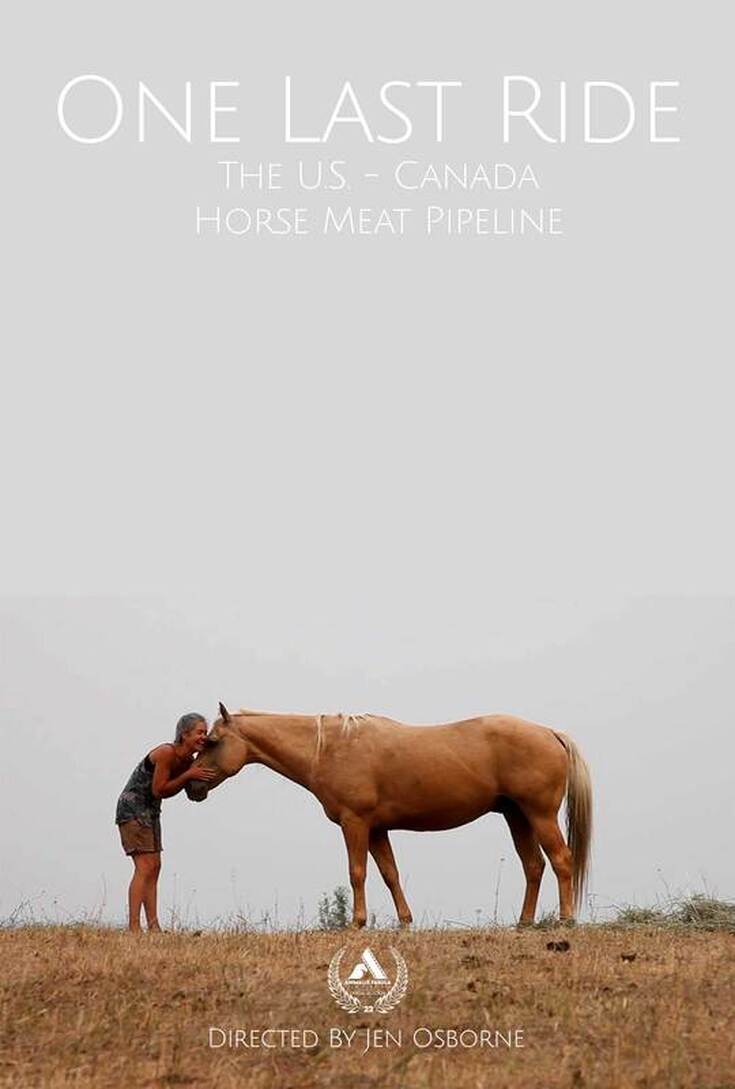
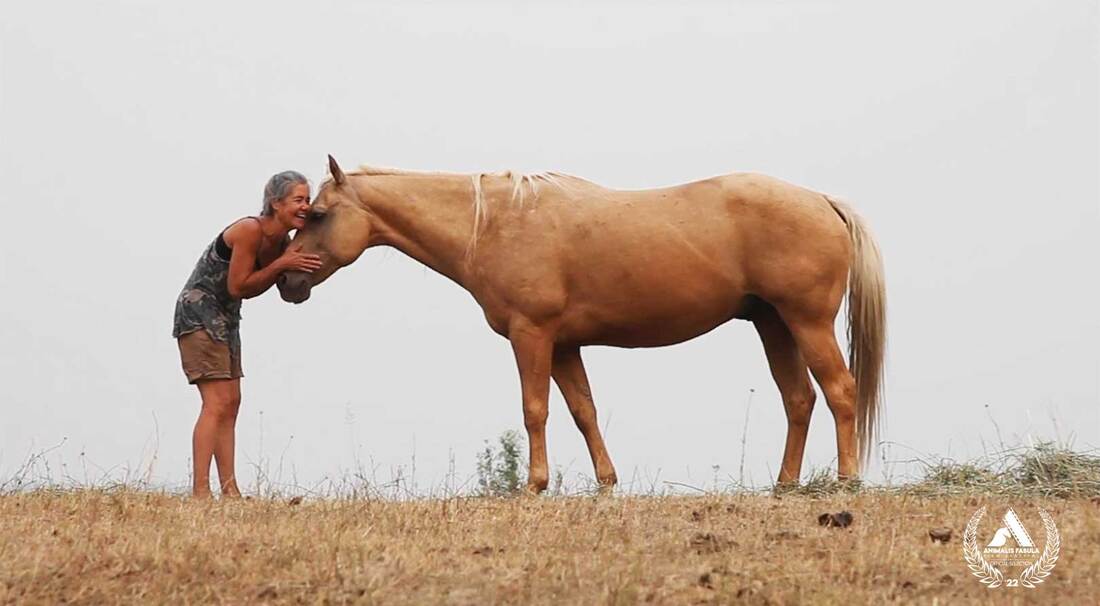
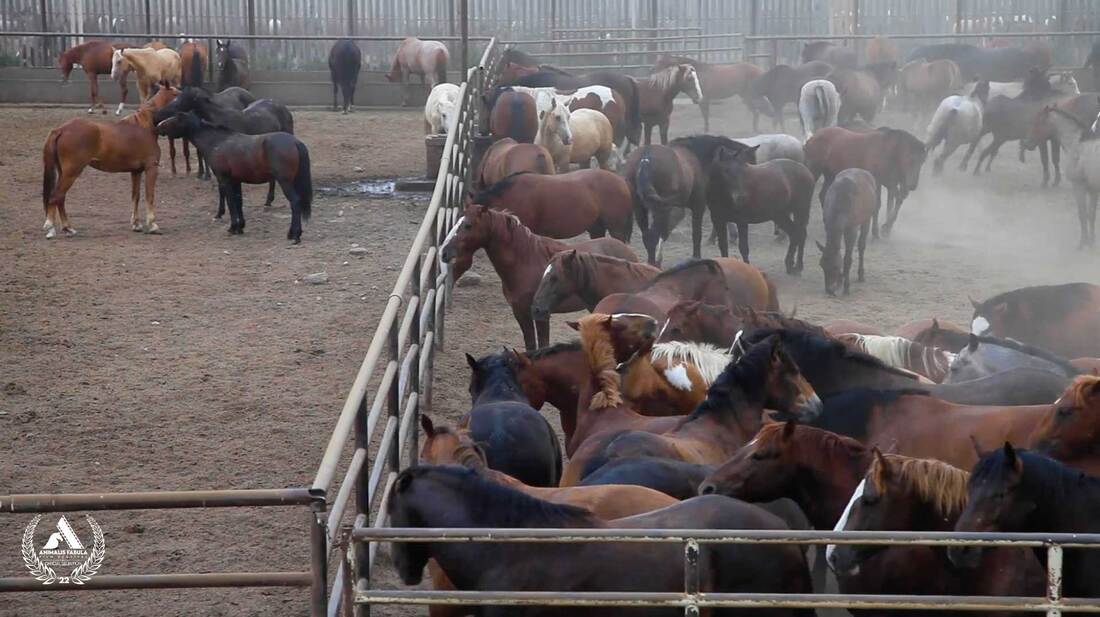
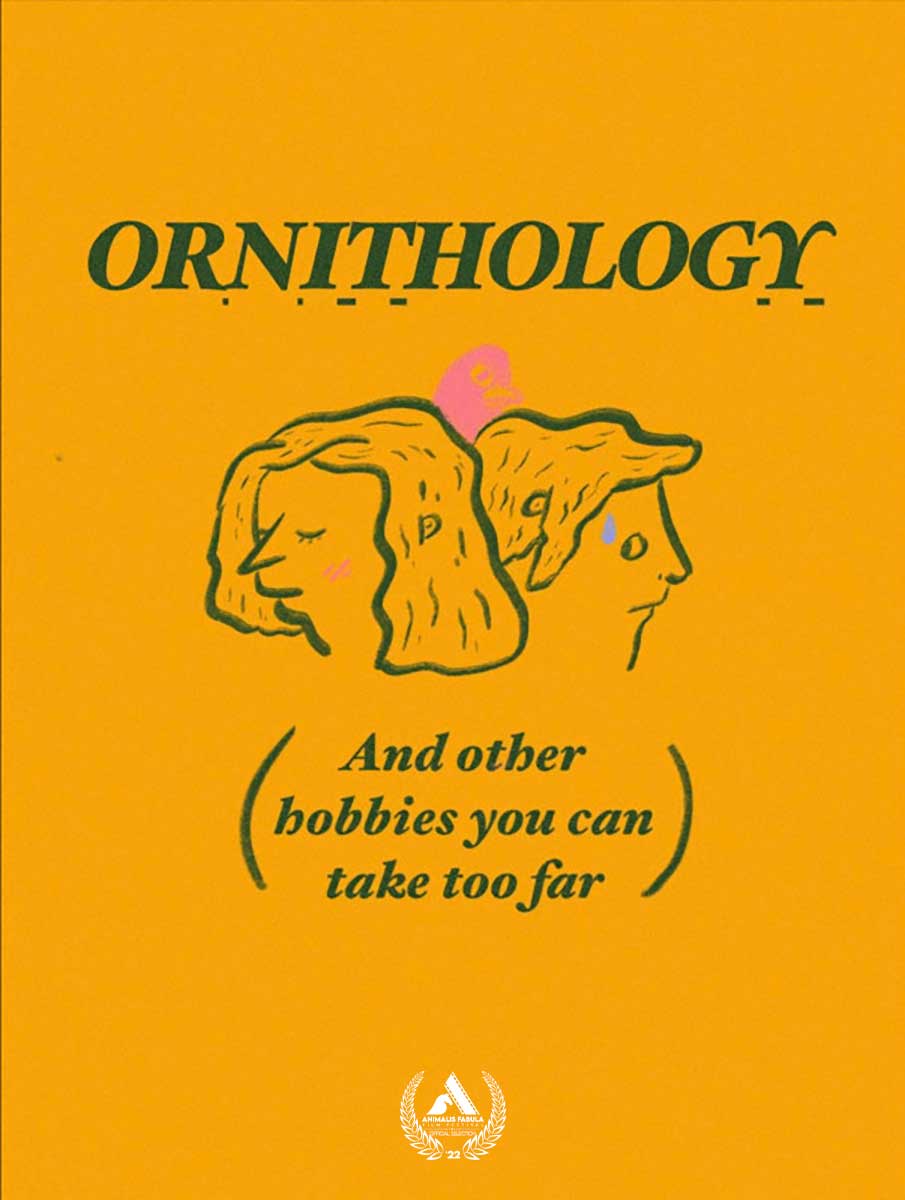

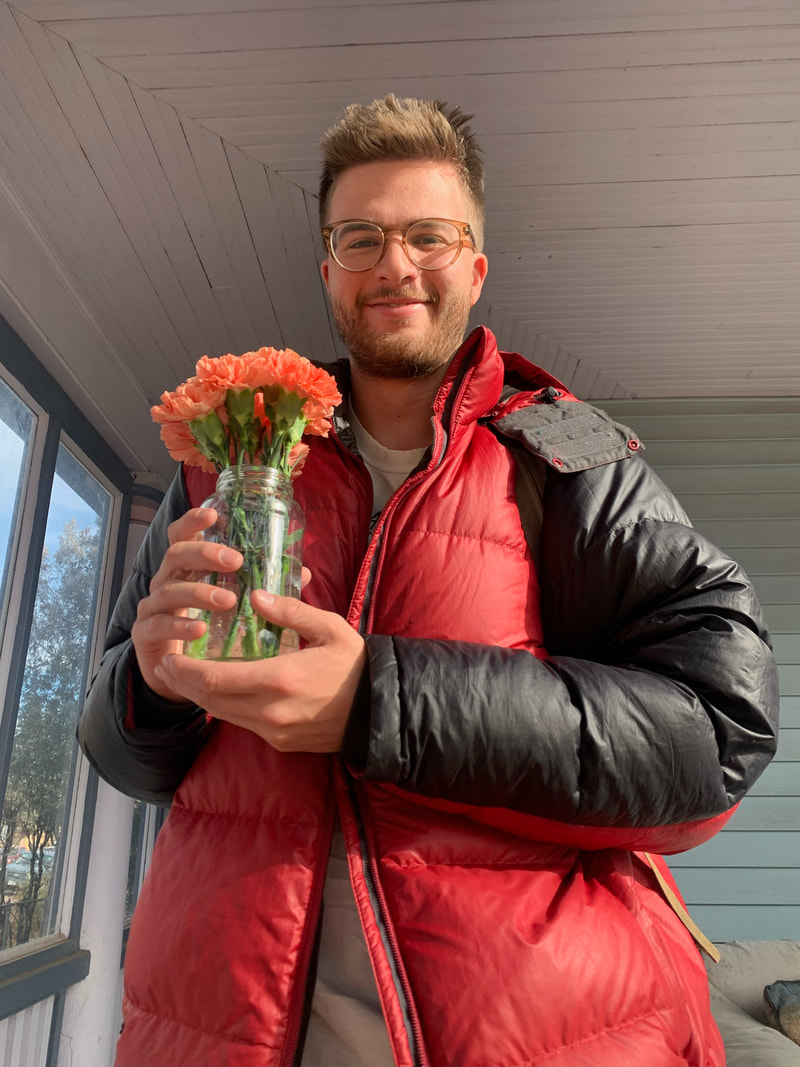
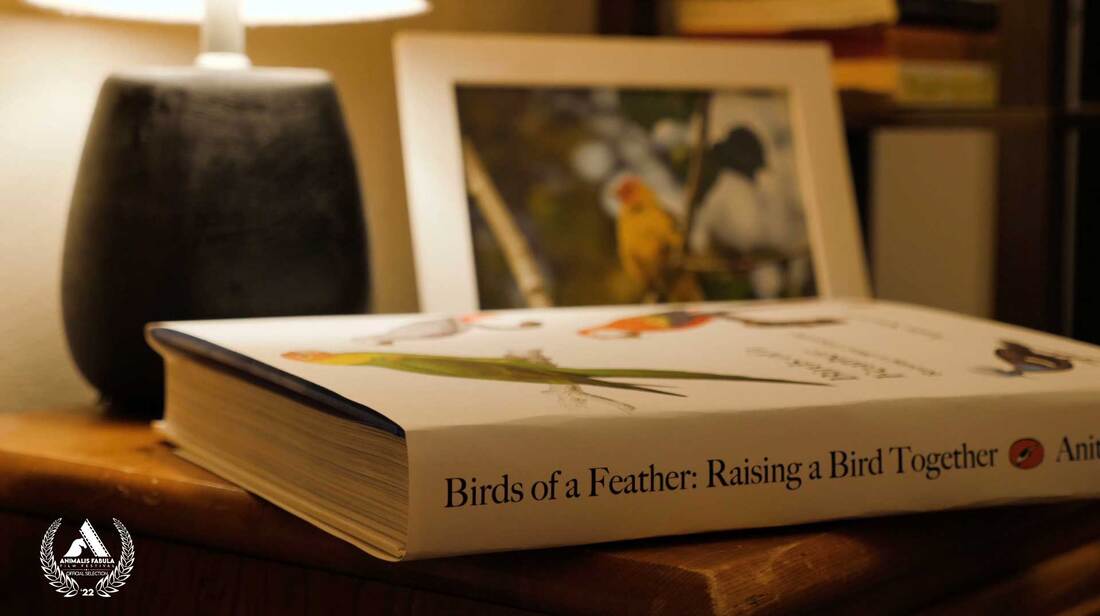
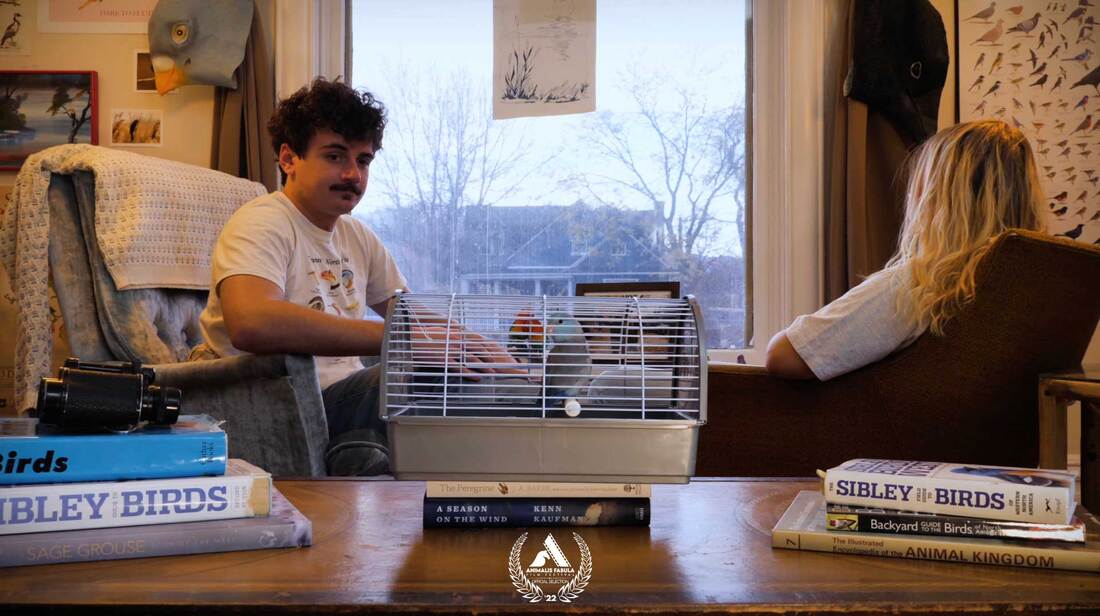
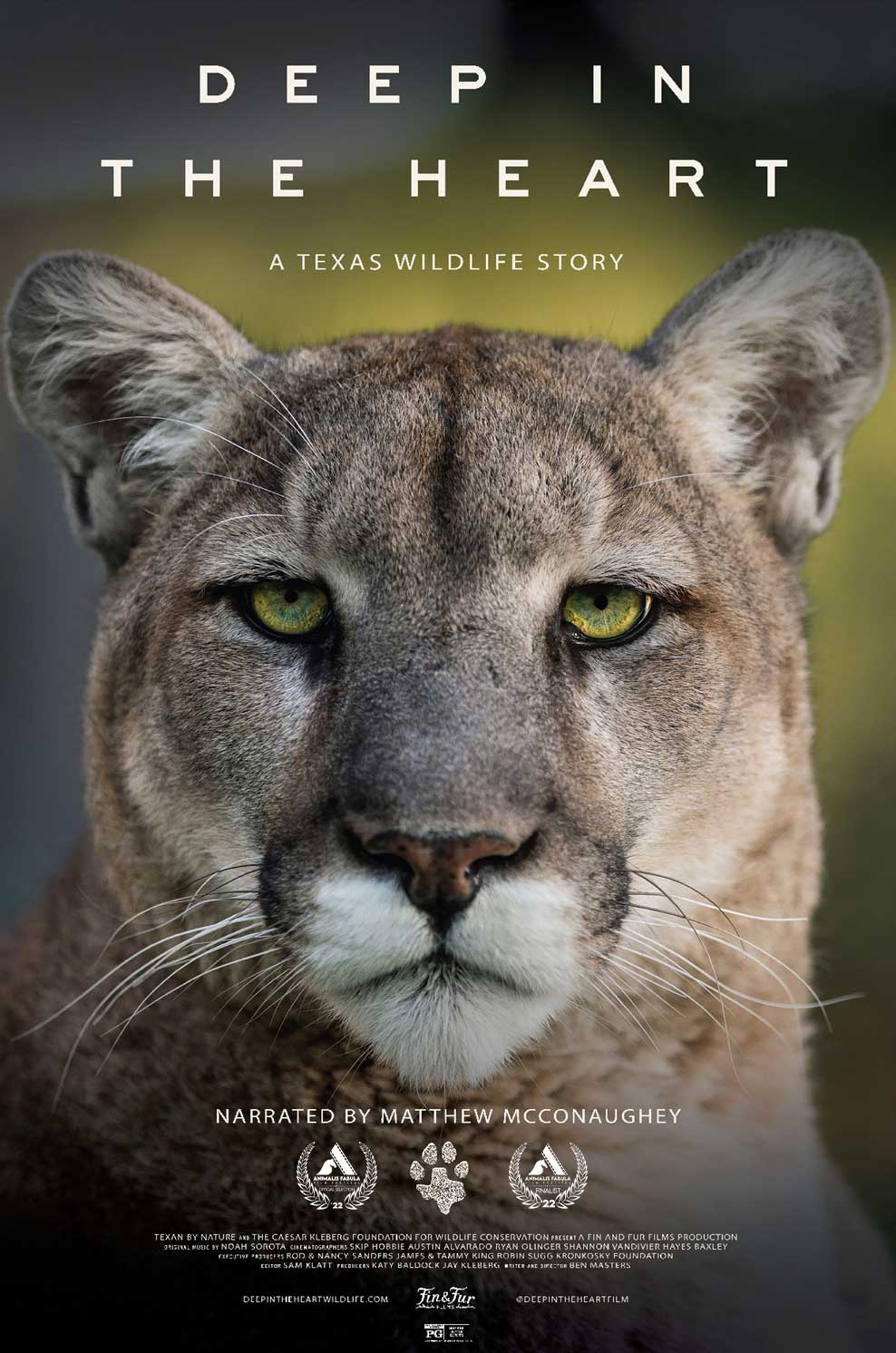
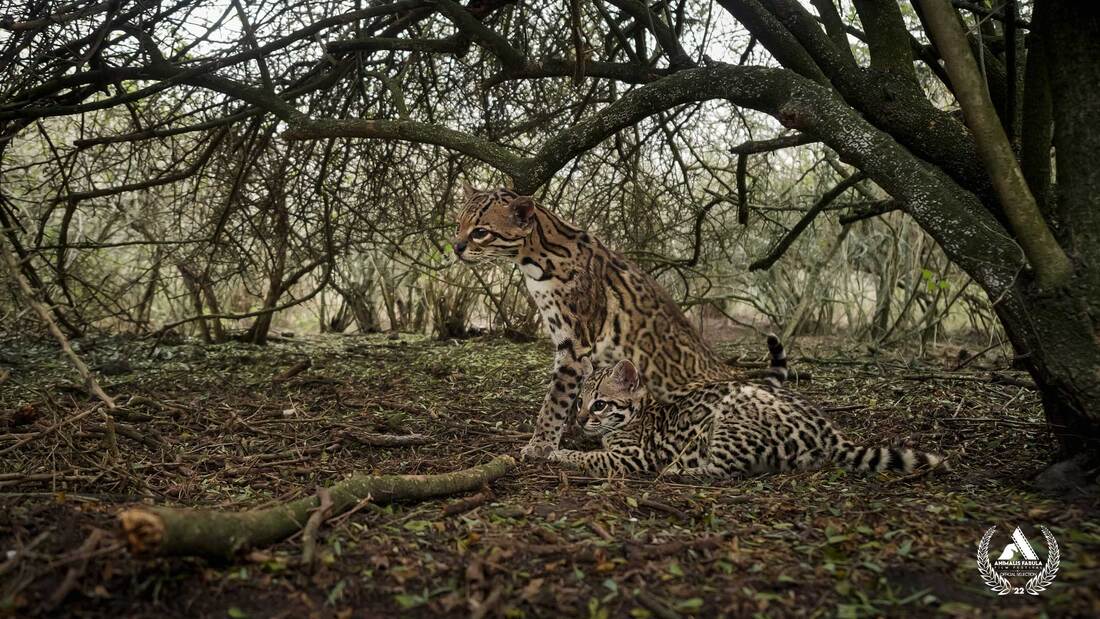
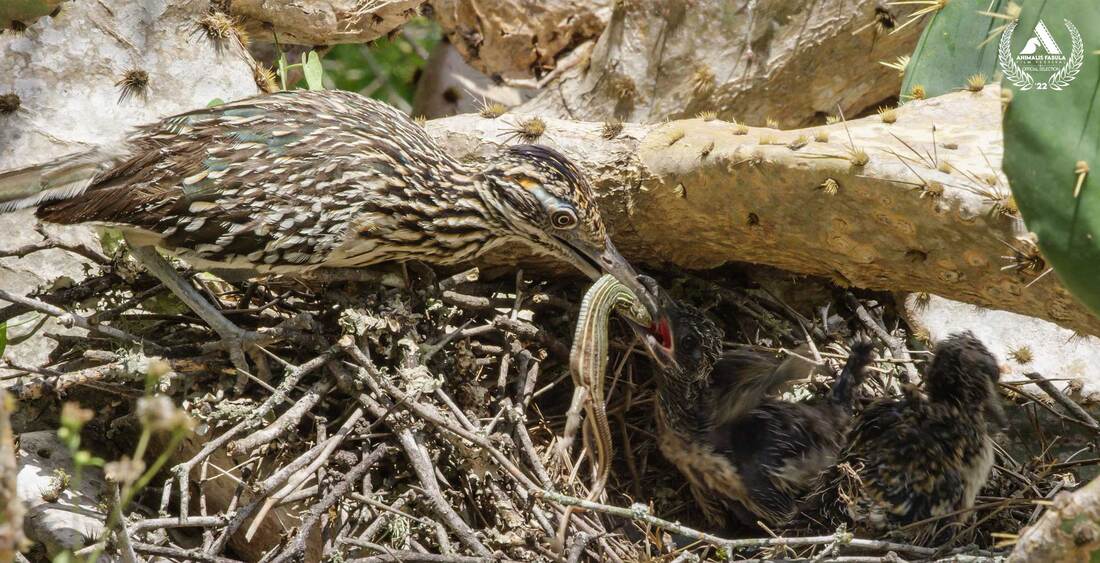
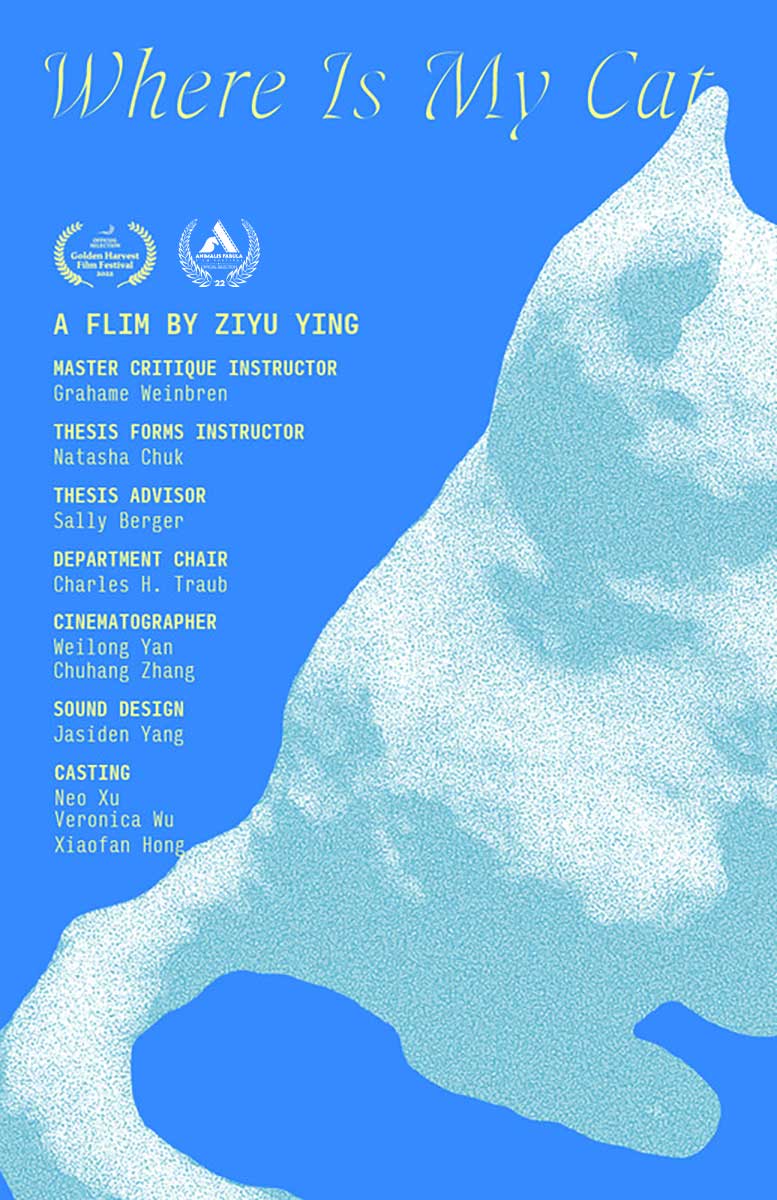
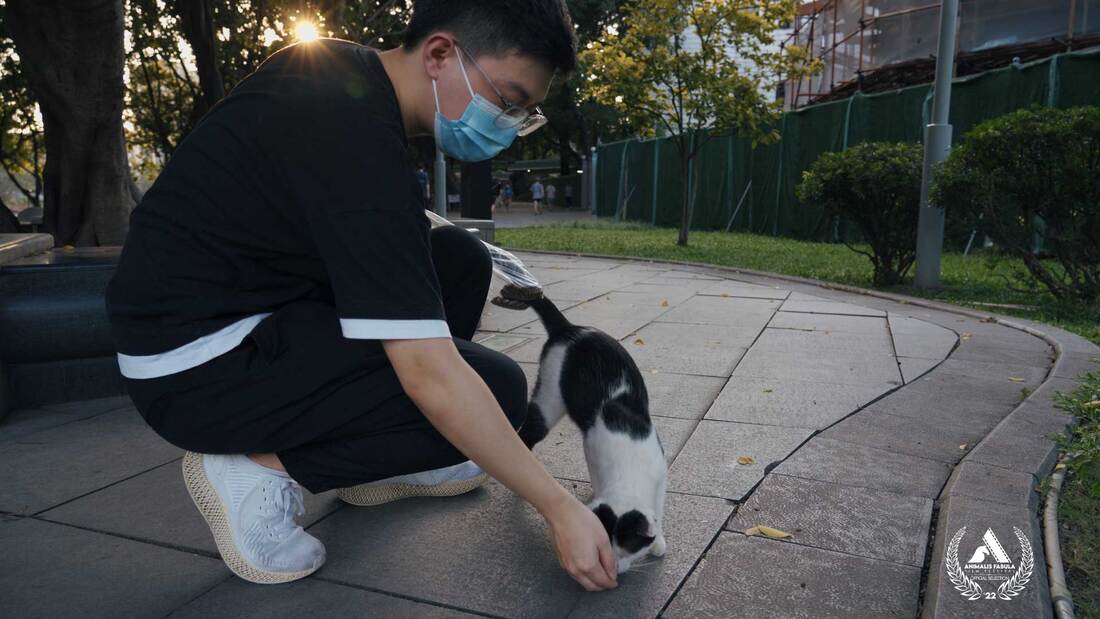
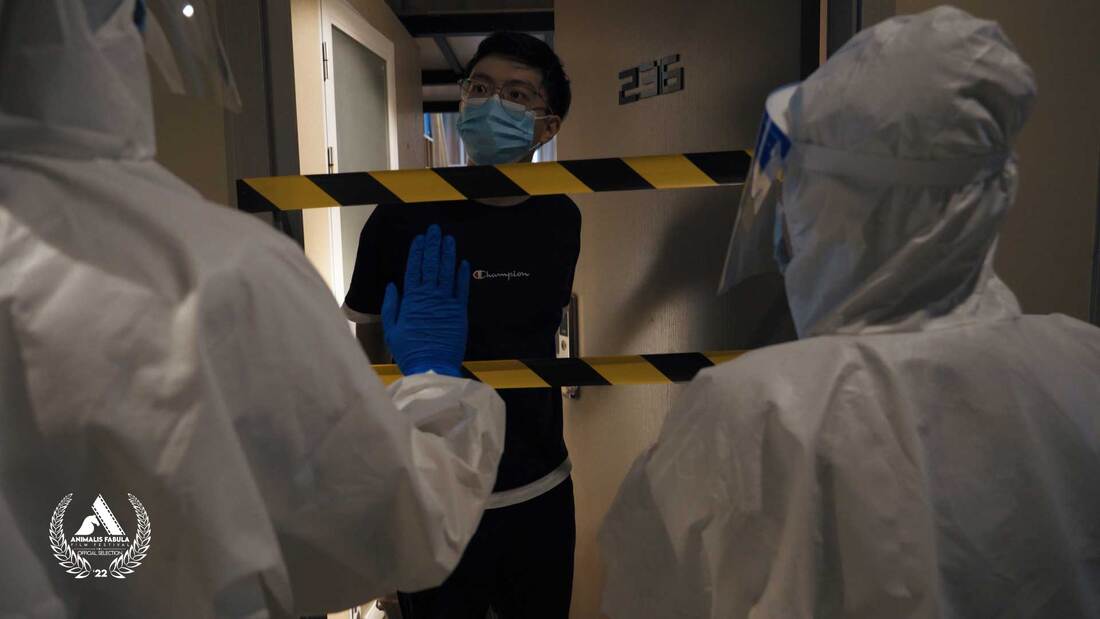
 RSS Feed
RSS Feed

